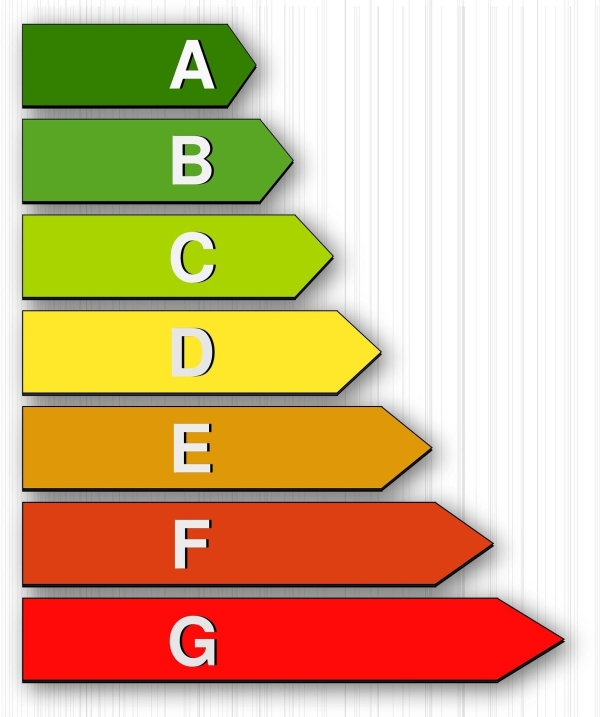
Modern standards of efficiency – Energy Performance Certificates
11/04/23
There are so many different layers of property compliance that people need to be aware of. One of these is Energy Performance Certificates, which apply both to homeowners and also to landlords who are renting out their property. Energy Performance Certificates, or EPCs, are part of the government’s programme to tackle climate change and further reduce carbon emissions in the UK, whilst helping people to live in comfortable, efficient homes.
An EPC explained
The Energy Performance Certificate is a document that is issued following an independent assessment. It shows information about the energy efficiency of the property, demonstrating how it compares to other properties and also to environmental guidelines. An EPC will contain an array of information. This includes the asset rating, which plots the energy efficiency of the property on a sliding scale. The recommendation report includes recommendations for cost-effective improvements that could be made to the property to improve its energy efficiency. This can be anything from improved insulation to a more energy-efficient heating system. It may also contain information relating to the Green Deal legislation. If the property is subject to a Green Deal plan that hasn’t been repaid, there will be a page of the EPC setting out the information relating to that plan. The EPC also features basic information, such as the property’s details and the date the EPC was issued.
You’ll need to get an EPC prepared when a property is sold or rented out. The seller or landlord must commission an EPC before the property is put on the market or advertised, and the EPC may influence the asking price or rental cost of the property – and its appeal to buyers or tenants. An EPC will also be issued when a new property is built, or when significant alterations are made to an existing property – for example a large extension that will make a difference to the property’s heating and running costs. In some instances, it’s compulsory to display the EPC. If a landlord or owner has made efforts to improve a property’s energy efficiency, then a new assessment can be sought. Obtaining a new EPC will validate the improvement in the rating.
Criteria and ratings for EPC
EPC ratings are calculated based on the energy efficiency of the property, using data such as its method of construction and material components, insulation present, and the services for heating, ventilating or cooling it. The sliding scale which is used to provide the rating figure is banded, using letters to indicate the bands from A to G – with A being the most efficient. The age and condition of property – particularly in old condition and in rural locations – makes a huge difference to a building’s energy-efficiency. Older building materials, a lack of service supplies (such as mains gas) and stone construction methods are among the biggest factors in defining how environmentally-friendly and effective a building can be, when judged via the EPC’s criteria. It’s important however to make sure if you are a landlord that your EPC ratings are up-to-date, as it is unlawful to grant a new lease of residential or commercial premises in England and Wales with an EPC rating of less than E. Thankfully there are many ways that even a very old, very inefficient property can be improved to meet modern standards of environmental efficiency.
Currently let residential properties require an E rating or better, currently from 2025 the minimum standard increases to a C.
For commercial property from 1 April 2023 new and existing commercial lettings must have an E or better. Under current plans a C rating will be needed by 2027 and a B rating will be required from 2030.
If you would like to find out more about EPC ratings, what they are, if you need one and how you get one, then get in touch with us today.





